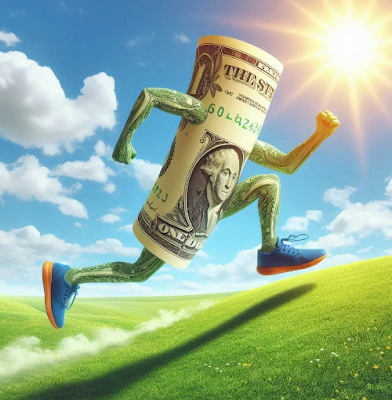
Food and energy are among the industries dominated by a small number of players that have effective oligopolies, and the lack of competition allows them to keep prices high, Oxfam says Keystone / Alessandro Della Bella
Food companies making big profits as inflation has surged should face windfall taxes to help cut global inequality, anti-poverty group Oxfam said on Monday as the annual meeting of the World Economic Forum (WEF) gets underway in the Swiss mountain resort of Davos.
That’s one of the ideas in a report, Survival of the Richest, by Oxfam International, which has sought for a decade to highlight at WEF inequality.
The report, which aims to provoke discussions on panels featuring corporate and government leaders this week, said the world has been beset with simultaneous crises, including climate change, the surging cost of living, Russia’s war in Ukraine and the Covid-19 pandemic, yet the world’s richest have got richer and corporate profits are surging.
Over the past two years, the world’s super-rich 1% have gained nearly twice as much wealth as the remaining 99% combined, Oxfam said on Monday. Meanwhile, at least 1.7 billion workers live in countries where inflation is outpacing their wage growth, even as billionaire fortunes are rising by $2.7 billion a day.
To combat these problems, Oxfam urged higher taxes on the rich, through a combination of measures including one-time “solidarity” taxes and raising minimum rates for the wealthiest. The group noted that billionaire Tesla CEO Elon Musk’s true tax rate from 2014 to 2018 was just over 3%.
Swiss support
The NGO Solidar Suisse supported Oxfam’s demands, for example that the world should aim to halve the wealth and number of billionaires by 2030 as a starting point. This could be done, for example, by increasing the wealth tax for the richest 1% of the world, Solidar Suisse said in a statement on Monday.
A “fair taxation” of the world’s richest people could be an “instrument against extreme inequality” for the heads of state, it said.
In Switzerland, a corresponding wealth tax would raise $37.1 million (CHF34.2 billion) annually, according to Solidar Suisse. This alone would increase tax revenues by 4.6% of GDP or enough to triple the health budget.
‘Excessive profits’
Some governments have turned to taxing fossil fuel companies’ windfall profits as Russia’s war in Ukraine sent oil and natural gas prices soaring last year, squeezing household finances around the world.
Oxfam wants the idea to go further to include big food corporations, as a way to narrow the widening gap between the rich and poor.
“The number of billionaires is growing, and they’re getting richer, and also very large food and energy companies are making excessive profits,” said Gabriela Bucher, Oxfam International’s executive director.
“What we’re calling for is windfall taxes, not only on energy companies but also on food companies to end this crisis profiteering,” she said.
Oxfam’s report said wealthy corporations were using the war as an excuse to pass on even bigger price hikes. Food and energy are among the industries dominated by a small number of players that have effective oligopolies, and the lack of competition allows them to keep prices high, the group said.
Oxfam said its analysis of 95 companies that made excess, or windfall profits, found that 84% of those profits were paid to shareholders while higher prices were passed on to consumers.
Full story here Are you the author? Previous post See more for Next postTags: Featured,Latest news,newsletter
























